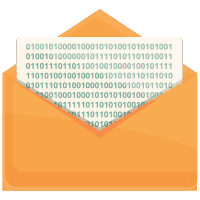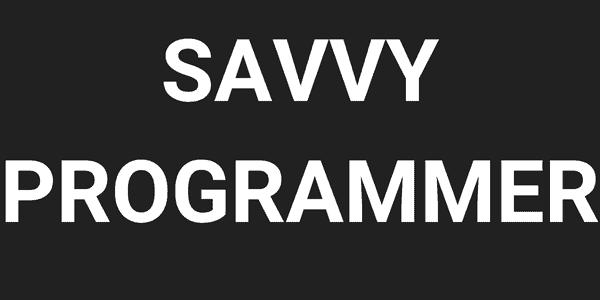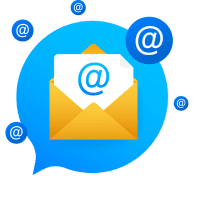When I’m asked whether C# is a software program worth learning, I always point students or friends to the stats about a career in this space. It is the 8th most commonly used language, loved by 63.39% of developers, and pays an average of $47.78.
After I’ve told them this, the next question usually revolves around how to get started with C#. Here’s all you need to know.

Step One: Know Your Goals
When I first looked at how to get started with C#, I just wanted to build upon my knowledge of HTML. If you want to start (or enhance) a career in coding, setting goals is advised.
The overall goal may be to build a career in this field. As for learning objectives, though, you may wish to;
- Learn C# coding design patterns,
- Increase code efficiency,
- Be able to fix bugs and coding issues,
- Write concise and reusable code,
- Learn to collaborate on the .NET framework.
Step Two: Find the Right Tools for C# Programming
Before learning how to get started with C#, you must first download the right tools. Crucially, you will need an Integrated Development Environment (IDE) for creating and editing code.
Visual Studio Code by Microsoft is the most common choice. This is due to the .NET framework that C# uses was created by Microsoft. Other popular choices include, but are not limited to;
Step Three: Understand the Syntax
C# is an object-oriented programming language. It works on the fundamental basis of different objects interacting with each other through defined actions.
To use the programming language efficiently, you must learn the basic syntax. Some of the key aspects to familiarize yourself with are;
- The using keyword,
- The class keyword,
- Functions and variables,
- Identifiers used for a class, variable, function,
- C# keywords – including reserved keywords and contextual.
Step Four: Start Programming on C#
From C# to JavaScript, the best way to become a better programmer is to program. Coding daily (or close to) will help sharpen your skills. It also allows you to develop a base of skills before honing in on projects that align with your long-term goals.
The great news is that there is a long list of potential projects to consider, including but not limited to;
- A library for ebooks, films, or other media,
- Simple games,
- Online voting or poll applications,
- Logistics tracking app,
- Shopping cart app.
Step Five: Enrol on a C# Course
I would always suggest that you work on some projects of your own. However, taking a dedicated C# course is the best decision you’ll make. It allows you to develop your skills while also leaning on the knowledge of your tutor.
Other benefits gained from taking a dedicated course include;
- Other students motivate you to be better.
- You are forced to code regularly.
- There is access to structured projects.
- It opens your eyes to C# applications like VR.
- You get qualifications that will help you in business environments.
Conclusion
I would suggest C# to all software engineers, not least because it is one that stands you out from the crowd. With the right training, you can become competent with the basics within weeks.
Moreover, many people end their development at this stage. Keep yours going and you’ll soon be positioned to sculpt a career in this field.




